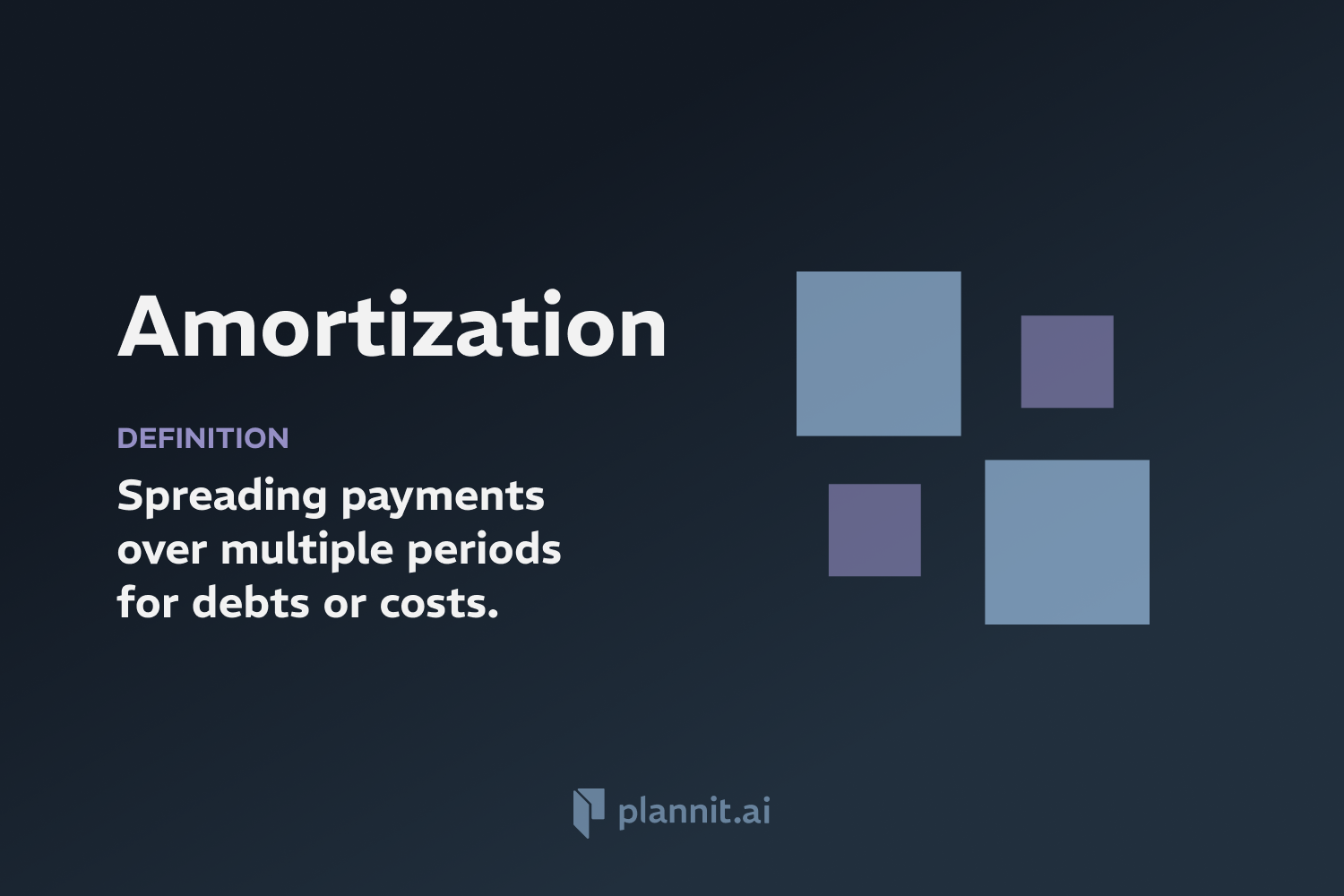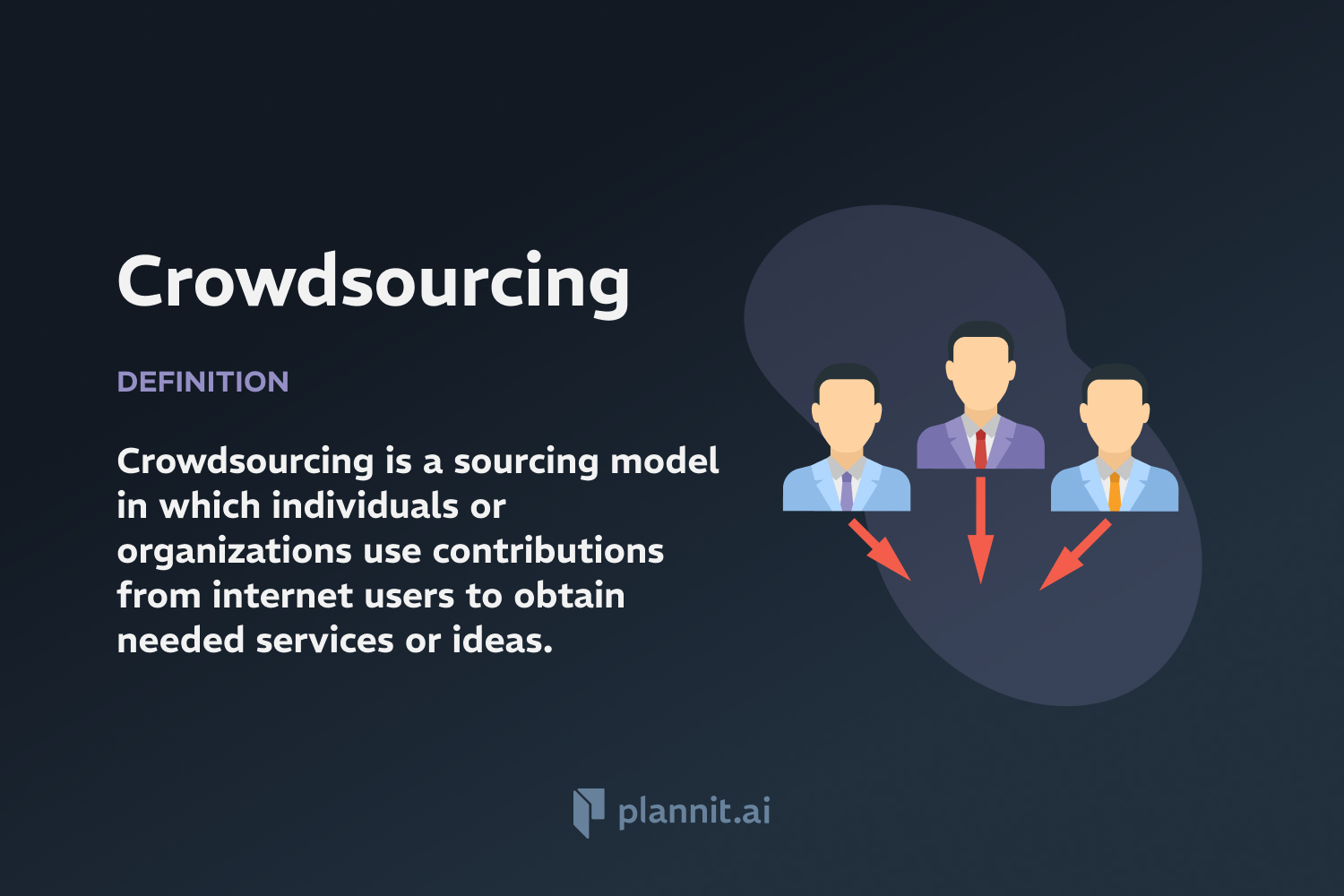Need Help With Your Business Plan?
Answer tailored questions and get a detailed business plan in minutes.
Negotiation: Definition & In-Depth Explanation
Definition:
Negotiation is a process where two or more parties with differing needs and goals discuss an issue to find a mutually acceptable solution. It involves communication and compromise or agreement to achieve certain objectives, often while preserving relationships for future interactions.
Context of Use:
Negotiation is used in a variety of settings including business, law, government, and personal scenarios. It is a fundamental skill in management and sales roles, dispute resolution, and in diplomatic matters, where parties must find common ground and secure beneficial outcomes.
Purpose:
The primary purpose of negotiation is to resolve points of difference, to gain advantage for an individual or collective, or to craft outcomes to satisfy various interests. It is the primary method of alternative dispute resolution.
Example:
Business Deals: Companies negotiate terms of contracts to determine prices, delivery dates, and other conditions of sale.
Diplomacy: Governments negotiate treaties and agreements to establish trade relations, peace accords, or alliances.
Related Terms:
Bargaining: The direct negotiation of the terms and conditions of a transaction or agreement.
Mediation: A form of negotiation involving a third-party mediator who helps the disputing parties find a solution.
Arbitration: A negotiation-related process where a neutral third party renders a decision after a hearing at which both parties have an opportunity to be heard.
FAQs:
1. What are the key stages of negotiation?
A: The stages include preparation, discussion, clarification of goals, negotiation towards a win-win outcome, agreement, and implementation of a course of action.
2. What skills are important in negotiation?
A: Effective negotiators are usually good listeners, clear communicators, skilled in persuasion, capable of quick thinking, and able to stay calm and objective.
3. How do cultural differences impact negotiation?
A: Cultural differences can profoundly affect negotiation styles. Understanding cultural nuances can be crucial, as practices like direct confrontation, eye contact, personal space, and even the pace of negotiation vary widely across cultures.
4. What is a win-win negotiation?
A: A win-win negotiation is one in which all parties feel they have made a satisfactory deal. This outcome is usually achieved through effective negotiation strategies that identify shared interests and explore options that deliver mutual benefits.
5. How can negotiation be made more effective?
A: Effective negotiation involves thorough preparation, understanding the other party's needs and objectives, clear communication, and creative problem-solving to find solutions that are acceptable to all parties involved.
Get funding with a business plan that will impress investors.
Starting a New Business?



